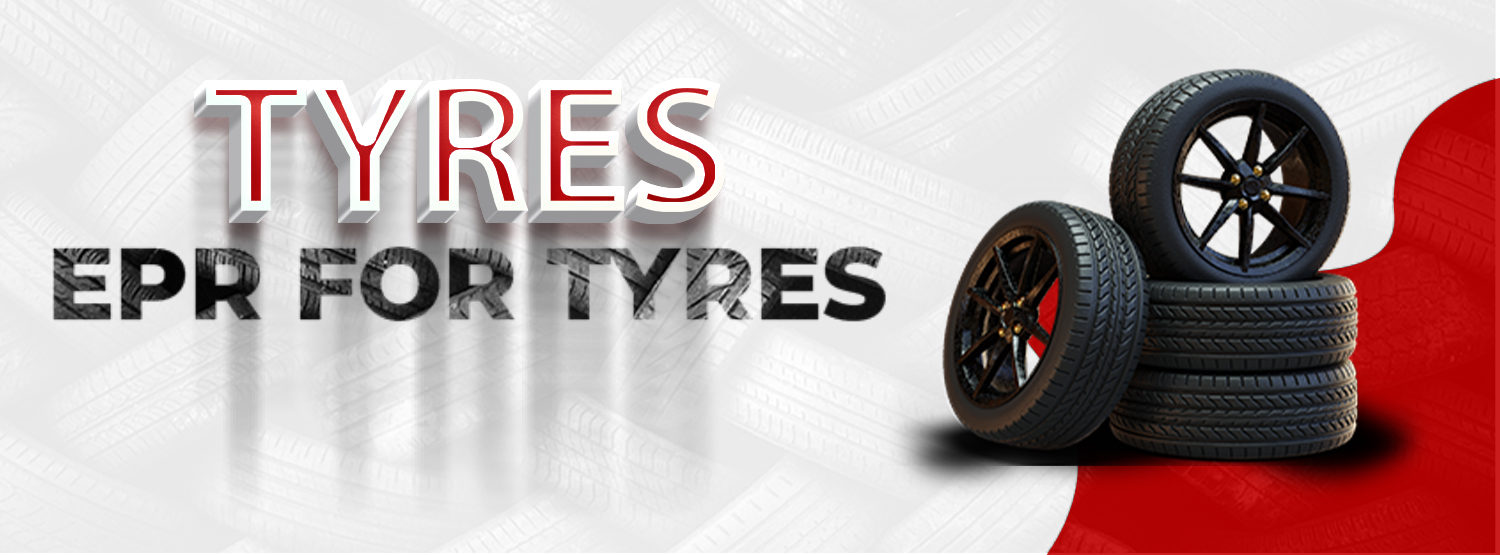
Introduction
The production and disposal of tyres have significant environmental impacts. As a result, India has implemented extended producer responsibility (EPR) for tyres, which places the responsibility for environmentally sound tyre disposal on tyre manufacturers and importers. In this blog, we will discuss the EPR for tyres in the context of India.
Extended Producer Responsibility (EPR) is a policy approach that puts the responsibility for post-consumer product management on producers. EPR aims to reduce the environmental impacts of products, including their disposal, by making producers responsible for their products' end-of-life management.
The implementation of EPR for tyres in India has several benefits, including:
EPR for tyres is a critical policy intervention to address the environmental and health risks associated with tyre production and disposal. The implementation of EPR for tyres in India will go a long way in reducing the environmental impact of tyre production and disposal, promoting sustainable waste management practices, and creating job opportunities in the recycling industry. By adopting EPR, India is taking a significant step towards building a circular economy, reducing waste generation, and maximizing resource utilization.
At Ornate Quality Services, we can assist you in the registration process for EPR compliance. We have a team of experts who can guide you through the registration process and ensure that you comply with all relevant regulations. Our aim is to help you fulfill your EPR obligations efficiently and effectively while minimizing your environmental impact.
By partnering with us, you can ensure that your business is compliant with EPR regulations and is doing its part to reduce electronic waste and protect the environment.
Extended Producer Responsibility, or EPR, is a requirement for Indian manufacturers and imported products for the management of e-waste. The Central Pollution Control Board, or CPCB, of the Government of India's MoEFCC, issues EPR authorization.
To keep E-waste under control, importers and manufacturers in India are required to obtain the EPR Certificate. However, importers or manufacturers won't be able to operate in India if they don't obtain the necessary licences. Importers and manufacturers are subject to debarment, fines, or both as a result.
EPR is required in India as a method of environmental protection, and the notification specifies that registration is also required. This basically means that no organisation, whether a producer or an importer, can engage in any such business without first registering.
The term "Extended Producer Responsibility" (EPR) refers to a policy approach in which producers are given a sizeable financial and/or physical responsibility for the .
Copyright © 2013-23 by Ornate Quality Services Pvt. Ltd. All Rights Reserved.